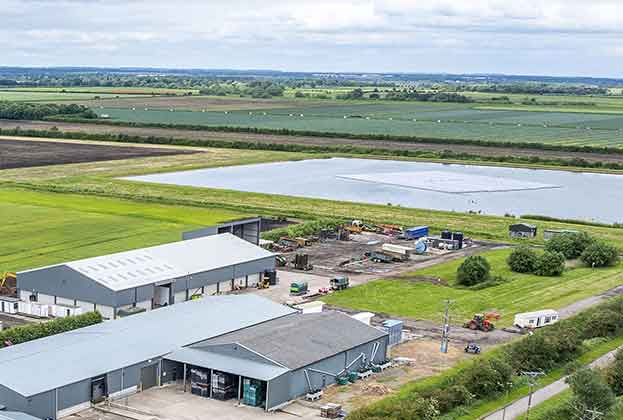All of the six major Distribution network operators (DNOs) – UK Power Network, Western Power Distribution, Electricity North West, Northern Power Grid, Scottish Power and SSE Distribution – voted in favour of new legislation The Electricity (Connection Offer Expenses) Regulation 2018.
The DNOs across the UK are responsible for carrying electricity from the National Grid to homes, businesses and industrial users across the country via large pylons which look like those pictured above.
The pylons are operated by the National Grid and carry electricity to local distribution substations/transformers, at which point a DNO takes over facilitating the passage of electricity via low-voltage overhead lines and underground cables to homes, businesses and industrial plants.
Since 6 April, when The Electricity (Connection Offer Expenses) Regulation 2018 came into effect a fee is now chargeable by the DNO for an application for a new electricity connection to cover researching, designing and planning the application.
By way of background the DNOs had received a large increase in connection applications during the past couple of years, for which they carried out the assessment and design for the connection, before issuing the proposal to the end client. A vast amount of these were declined by the end client due to costs and/or the work no longer being required. The research and design phase is technically quite time consuming and having a fee in place will cover their costs.
Each DNO has its own approach in terms of operating within the new regulation and how each new application is handled, but generally efficiency of the connections process should improve and costs will be more evenly allocated because people will think before making an application.
Each DNO will have their own charges, which again will vary from job to job depending on the complexity. This will be on top of the proposal for the connection works and will still be required even if the end-user rejects the offer.
As the assessment and design process can take up to 40 working days from start to finish, make sure you take advice from experts before arranging any connection requirements, as a change of mind later on will have cost implications.
Further information
.jpg)
.jpg)







.jpg)
.jpg)